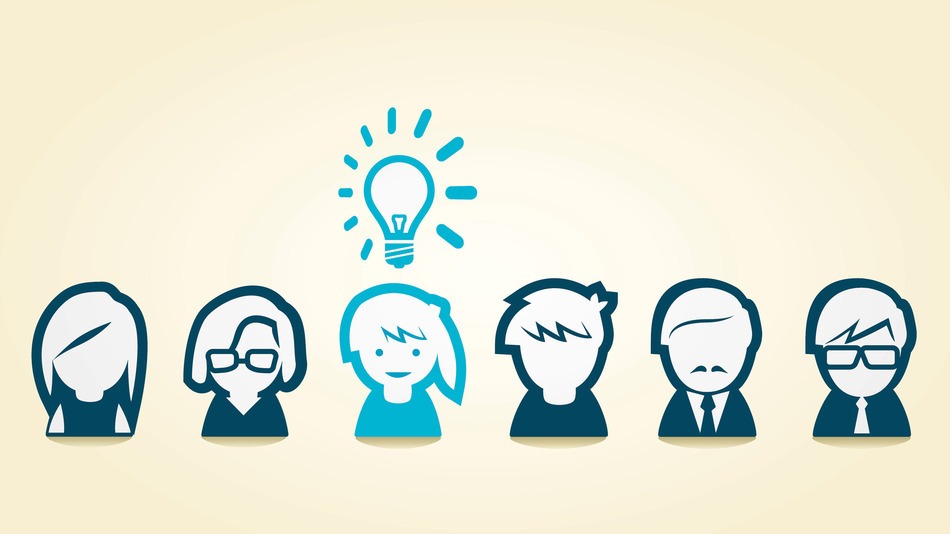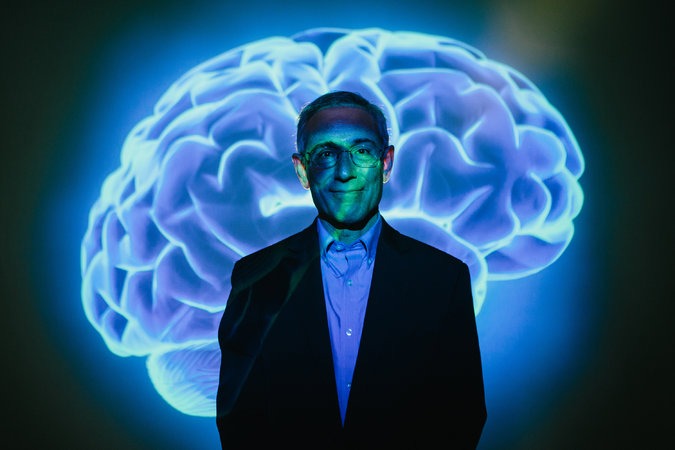Posts Tagged ‘entrepreneurs’
The Ontario Brain Institute (OBI) announces six new ONtrepreneurs working at the frontier of applied neurotech
__________ Ontario Brain Institute Delivers Significant Boost to Ontario’s Neurotech Sector (press release): As part of its 2019 NeuroTech Ontario Showcase, the Ontario Brain Institute (OBI) today introduced the 2019 ONtrepreneurs – recipients of Canada’s single largest award for early-stage brain technology entrepreneurs … The successful 2019 ONtrepreneurs are: Israel Gasperin – Zentrela, Joshua Lobo…
Read MoreFive Essential Guidelines to Improve Brain Health for All
Since 2010, the SharpBrains Virtual Summit has been bringing together neuroscientists, entrepreneurs, and practitioners with a mission to improve mental healthcare, brain performance and general well-being. As we get ready to host our next collective brainstorming next week, let us share some key themes from our last Summit, since they helped shape the Agenda for…
Read MoreSharpBrains Announces new Brainnovations Pitch Contest and ‘Sharp Tank’ to promote Brain Health & Enhancement in the Digital Age
In order to spark innovative collaborations between brain scientists, technologists and entrepreneurs worldwide, independent market research firm SharpBrains has launched a Brainnovations Pitch Contest open to startups harnessing brain research and emerging technologies to help every human being thrive in the digital age. The Call for Submissions is open until October 31st, 11 PM US Pacific…
Read MoreMental Health Innovation and Dr. Tom Insel: from the NIMH to Google/ Verily Life Sciences to Startup Mindstrong
— Former Alphabet exec is working on an idea to detect mental health disorders by how you type on your phone (CNBC): “Can a smartphone detect whether a user is suicidal or depressed? That’s the promise of an exploding number of mental health entrepreneurs, who are exploring opportunities to monitor users’ smartphone behavior to detect…
Read MoreSurvey of key scientific, technological and investment trends revolutionizing Brain Health in our Digital Age
—– Last year I got very interested in the functioning of the human brain and the science behind mindfulness and learning [1], so was quite excited to attend the SharpBrains Virtual Summit [2] in December, indulging in the latest trends in applied neuroscience and digital innovation. The Summit focused on the theme of reinventing brain health in the digital…
Read More




